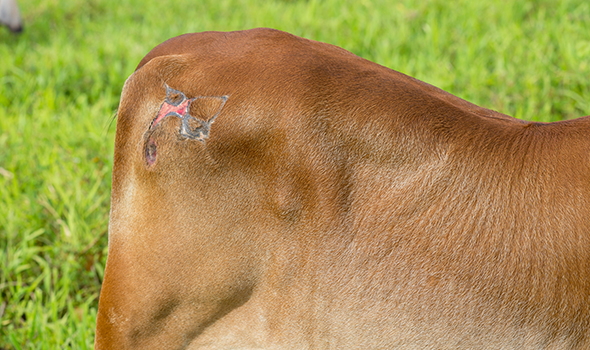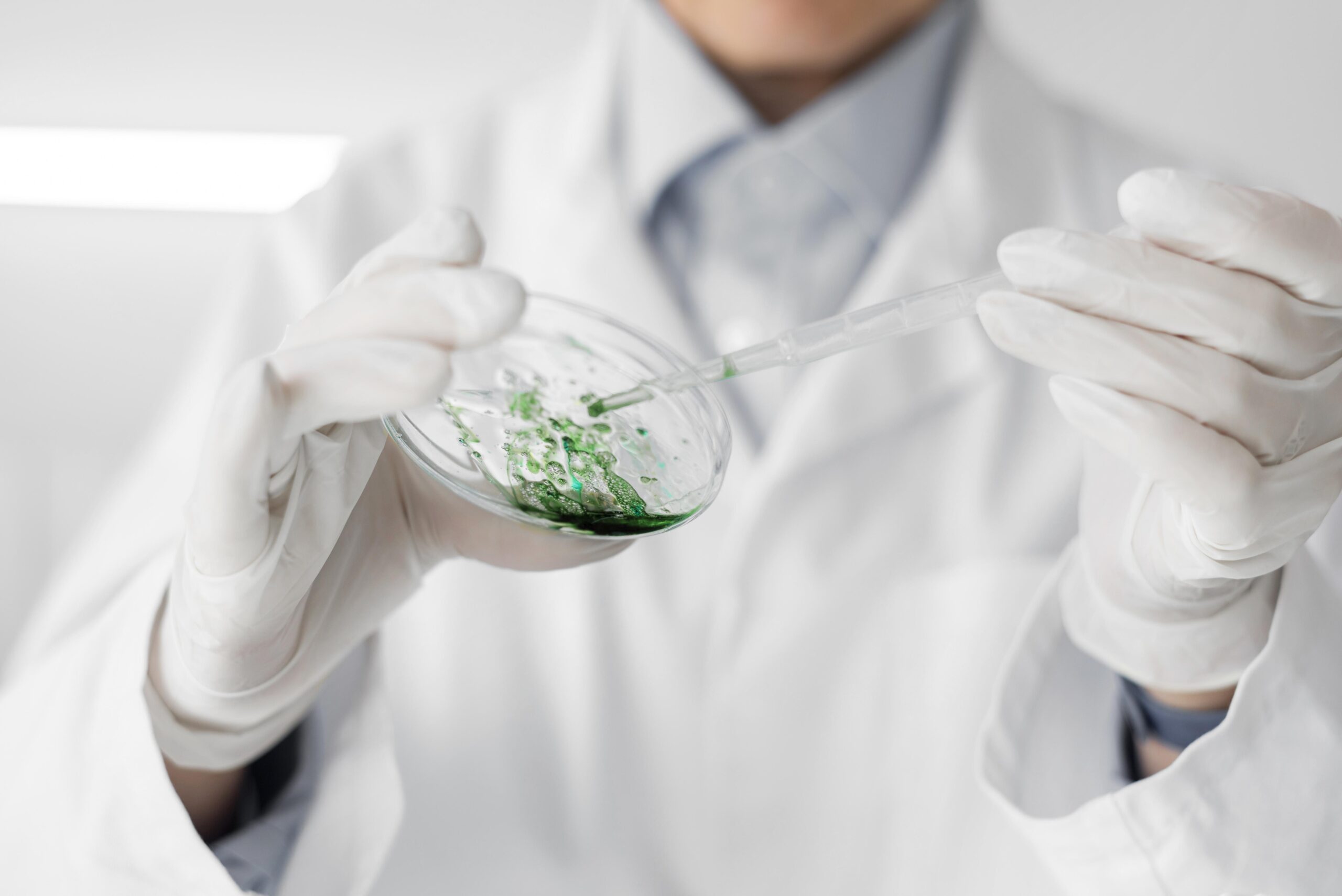Wounds refer to injuries that damage or break the skin and/or other tissues in the body, mostly caused due to external factors. Wound in animals can be caused while fighting, insect/animal bites, accidents, injuries caused by fences and barbed wires while grazing, and more. If not cared for immediately, the wound in animals may cause infection as toxins are released by the microbes present in them, leading to conditions such as abscess, necrosis, slough, and more, which is why proper wound management is important. Here are some of the most common types wounds in cattle.
How to Manage Wound Healing in Animals
Open Wounds:
An open wound is when the injured tissues are exposed to the air due to broken skin. These wounds are at a higher risk of getting infected. Some of the most common types of open wounds are cuts, abrasions, punctured wound, penetration wound, and avulsions.
In case of open wounds, it is important to stop the bleeding by applying ice packs, which helps constrict the blood vessels. After the bleeding stops, the next step in treating the wound is irrigation. Flush the wound with a diluted disinfectant, saline solution or just water. The fluid rids the wound of dirt, bacteria and other germs, and applies gentle pressure on the wound, aiding the healing process. Topical sprays and ointments can be applied if necessary. You can also bandage or suture it, depending on the nature of the wound. You can use topical medicines such as Topicure ++ and Topicure Advance by Natural Remedies to ensure quick recovery.
Abscess:
An abscess refers to a pocket of infection that occurs when gets under the skin. This can happen when the animal comes in contact with a contaminated object. If left untreated, the infection can spread to the surrounding tissues or the bloodstream.
If your animal has an abscess, the first thing to do is to clip the fur from the area of infection, clean the wound vigorously to open it and drain out the pus. It is important to be gentle as the pus could be forced back into the bloodstream. Oral or injected antibiotics should be administered immediately. After draining the pus, apply heat packs to the wound to encourage continuous drainage. Make sure that the wound is always clean and consult the vet before taking significant action.
Animal Bites:
In case of animal bites, wash the wounded area carefully until the bleeding stops. If the wound is severe, you can apply ice packs. If the injury is minor, do not use antiseptics as they interfere with the healing process. You can cover the wound with a thin layer of antiseptics if the wound is major and cover it loosely with a clean bandage or gauge to prevent dust particles from coming in contact with the wound.
Closed Wounds:
Most of the times, closed wounds occur as a result of a forceful blow, which damages the soft tissues underneath. In this type of wound, there is internal bleeding, due to which the blood flows into the surround tissues, causing them to swell or change colour. While treating closed wounds, the goal is to control pain and reduce inflammation. In case of closed wounds, contact your vet immediately.
When it comes to wound healing in animals, proper nursing is required to ensure quick recovery. Keep the animal from licking or chewing at the wounds, sutures and bandages. The bandages should be kept clean, and must be changed at regular intervals. Keep in touch with your vet and get your animal checked in case of any complications.




